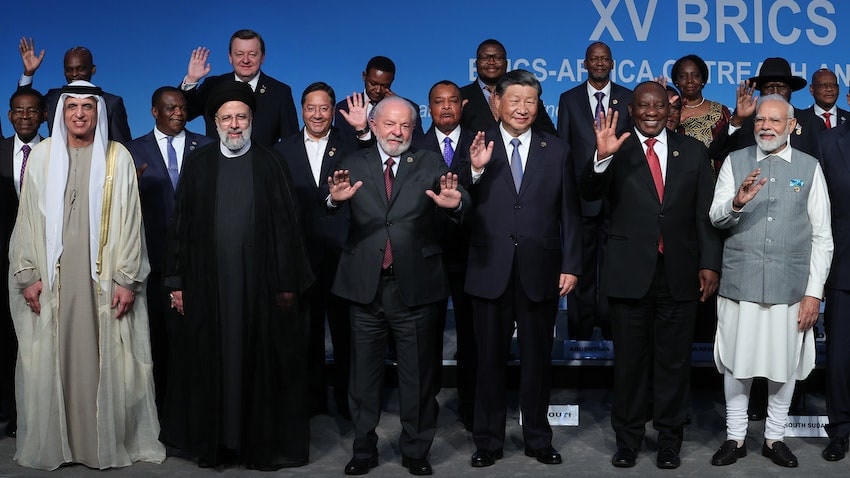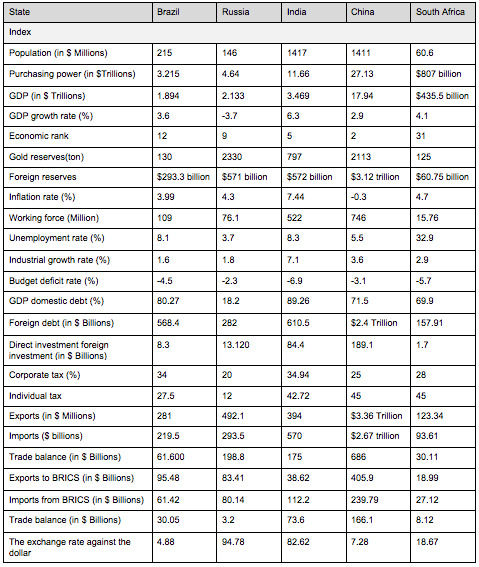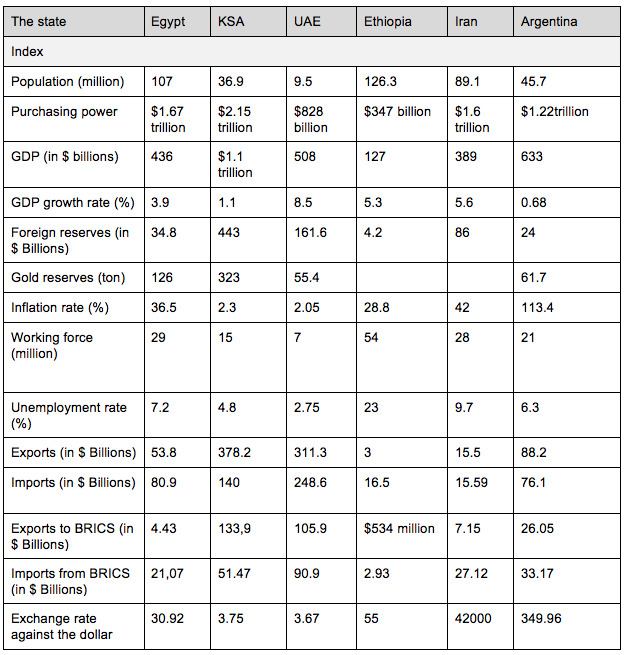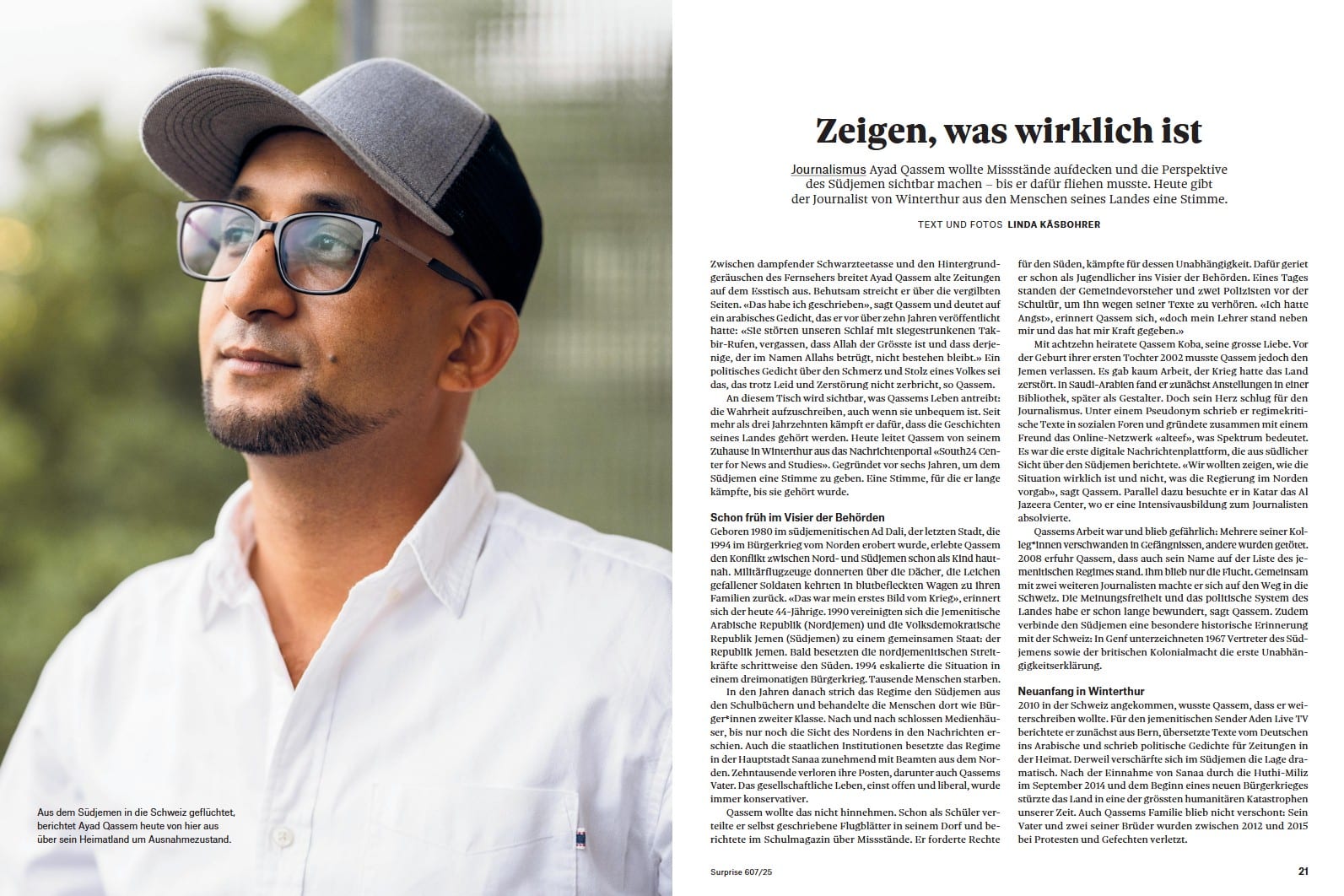
Leaders of BRICS nations take family photo at 14th annual summit in Johannesburg, South Africa on Aug. 24, 2023. (Photo via Iranian presidency)
آخر تحديث في: 05-09-2023 الساعة 8 صباحاً بتوقيت عدن
The expanded membership, along with the long list of nations evincing interest in joining BRICS, underscores the desire of most nations to rearrange the nature of global geo-economics to get rid of the dollar’s hegemony.
Dr. Eman Zahran (South24)
The 15th BRICS Summit, held in Johannesburg, South Africa, from August 22-24, 2023, has gained wide global importance and the proceedings were watched keenly across the world, especially by the major Western powers. Leaders of the member nations – Brazil, Russia, India, China and South Africa – held discussions about expanding the group's membership and also pushing towards adoption of a unified alternative currency to the US Dollar. Importantly, the group is seeking to reduce the long domination of the US dollar and the Western financial institutions on the global financial system, amid an uncertain global geopolitical landscape and the desire among most nations for gradual withdrawal from the unipolarity of the international system and for moving towards multipolarity. This is an outcome of several geopolitical phenomena, beginning with the slow global economic recovery following the spread of the Covid-19 pandemic that saw precautionary lockdowns imposed across nations and the rise of trade protectionism. Even as the world was recovering from the pandemic, it was engulfed in new shocks, foremost being the Russian-Ukrainian war and its related geopolitical repercussions on global commerce and economics. The emergence of new variants of Covid-19 has also led to lockdowns in many key industrial centers. The severe impact of these global happenings has led many countries to consider forging a new world order as well as evaluate the relevance of the existing structures and blocs. This was reflected in the deliverables of the 15th BRICS Summit, that saw the bloc admit six new member countries: Argentina, Egypt, Ethiopia, Iran, Saudi Arabia and the United Arab Emirates, that will officially join the group in January 2024. The following points reflect the relevance of BRICS:
Contexts of BRICS
The rising importance of BRICS hinges on factors that demolish the current global predispositions or predictions about some regions. [1] This gives the qualitative context that supports the status of BRICS as one of the most important economic blocs on the international map, according to the following points: [2]
- The impact of globalization and the consequent recession that hit the global economy following several non-traditional challenges, especially the Covid-19 pandemic, pushed the BRICS member states to forge joint understandings to improve the way of confronting the new challenges created by the crises. Furthermore, there is a desire to structure a fairer international economic system that would fulfill the aspirations of developing countries in a better way.
- Secondly, the Russian-Ukrainian war has pushed the developing and emerging economies to review their economic and development aspects. This has created the so-called "dual tendencies" within BRICS in favor of its expansion. Additionally, the Russia-Ukraine war and its severe economic fallout motivated many developing and emerging economies to join flexible and diversified groups. With the rising importance of the BRICS bloc and with several countries evincing interest to join it, Russia and China proposed expanding the membership. Representatives from Argentina, Egypt, Indonesia, Kazakhstan, Nigeria, the UAE, Saudi Arabia, Senegal, and Thailand participated in the consultations of the "BRICS-Plus". With around 40 countries putting forward requests to become members, the BRICS Summit decided to expand its membership to include six new nations as permanent members from January 2024. [3] These include three Arab countries (Egypt, Saudi Arabia, and the UAE) besides Iran, Ethiopia, and Argentina, to establish the "BRICS Plus".
- The expanded membership, along with the long list of nations evincing interest in joining BRICS, underscores the desire of most nations to rearrange the nature of global geo-economics to get rid of the dollar’s hegemony. This got further impetus with the talk about adopting a unified currency for BRICS that can be used in international interactions in a way that would directly change the world’s "economic map". This will also help countries to move away from the West’s unilateral dictation, towards a multipolar world. Additionally, this would help shift the power balance from the North (i.e. West) to the Global South (of developing and emerging economies). The five-member BRICS grouping is home to 40% of the world’s population and controls 26% of the global trade.
Arab gains
The move to add three Arab states to BRICS enhances the Arab region’s efforts towards "economic integration" with the bloc’s member states. Moreover, BRICS supports building bilateral and multilateral partnerships to develop infrastructure, supporting new joint economic and investment projects, and signing differential agreements related to lifting customs restrictions and non-customs barriers. This is in addition to benefiting from the BRICS’ experience in certain fields such as industry, agriculture and mines, given the scale of the following opportunities:
- Enhancing the economic integration hypothesis:
In view of the current geo-political and security implications as well as their disruptive impact on the economies of emerging states, foremost of which belong to the Arab region, the move to accept three Arab nations as new BRICS members will give a fillip to the "economic integration hypothesis". This is because economic groups provide opportunities to enhance trade and investment among the member states. This in turn would promote the growth of the national economies and help diversify their sources of revenue as well as secure the strategic goods due to the mutual reliance of the member states on each other.
- Diversifying monetary chains:
The 15th BRICS Summit concluded with some decisions such as: issuing directions to their finance ministers to discuss using their local currencies, local payment instruments and payment platforms for financial transactions. This would in effect work to reduce dependence on the dollar as a main currency in trade transactions, and also boost the value of their local currencies.
- Joining the New Development Bank:
Given the Arab economic recession due to several political and security tensions at the local, regional, and international levels besides the upheavals caused by the non-traditional threats such as the Covid-19 pandemic and climate change, joining the BRICS New Development Bank would help activate the development map of Egypt, Saudi Arabia, and the UAE. The UAE and Egypt, besides Bangladesh, have formally become new members of the NDB. Saudi Arabia is yet to become a member of the BRICS NDB. Becoming members of the NDB would help support the sustainable development goals agenda and address the issue of liquidation given that the foreign reserves of these countries are estimated to be US$ 4 trillion. [4]
- Promoting the Arab role in the sub-regions:
This hypothesis is related to the Arab political movement in all the sub-regions and their varying political and economic engagements with each other on specific issues. For example, due to its geopolitical centrality among the three regions (Arab, African, and European), adding Cairo to BRICS would serve as a relative advantage in fostering the economic and investment frameworks and also enhance the benefits from bilateral and multilateral deals such as the Free Trade Agreement between Egypt and the "Mercosur" (South American trade bloc). Egypt seeks to capitalize on its theory of “geoeconomic centrality", as the best logistics hub for commercial interactions among the three continents of Africa, Asia, and Latin America.
- Diversifying and extending the geo-economic circles:
This hypothesis is based on the economic indexes of both BRICS member states and the newly-joined countries. This would serve the goals of the group including maintaining the economic balance of the member states, revoking of the policies of unipolarity, establishing independent funding mechanisms, and achieving political and economic integration, given the following indexes:

Economic indexes of BRICS member states (source: Think Tank Egypt TTE, 24/8/2023).

Economic indexes of the newly joined members (source: Think Tank Egypt TTE, 24/8/2023)
Possible challenges
Amid the changing global power dynamics giving rise to movement towards a new global order, there has been unprecedented competition to join the BRICS. Six countries achieved this goal during the 15th Summit. Despite the foreseeable gains regarding the development, investment and economic agendas of these countries, there could be some likely challenges.
- Structural harmony disorder: The six countries with different political and economic backgrounds could create a state of disorder regarding the strategic vision of the founding member states. This would add to the ongoing disagreements among the founder nations that have differing perceptions about the international system, their relationship with the West, and their stance toward multipolarity. For example, Russia, hit by severe Western sanctions, has adopted an uncompromising stance regarding the transgressions of the Western institutions. Moscow has sought to reduce the risks of interacting with Western institutions as well as creating a parallel channel to manage its economic, commercial and investment relationships, away from the Western, American, and European bloc. On the other hand, China has adopted a cautious position, in view of its vast network of trade systems globally. The Indian stance is neutral and flexible, considering its geopolitical aspirations through its alignment with the West and its membership of the Quadrilateral Security Dialogue “Quad”, and also in view of its decades-old close ties with Russia. [5] The newly-joined states, such as Iran and Saudi Arabia, would also have their own different national agendas that would intertwine with the international aspects.
- The security harmony turmoil: One of the most possible consequences with the joining of the six nations is related to the security aspect. Some Argentinian reports blame Tehran for the July 18, 1994 deadly terrorist attack on a Jewish community center in Buenos Aires, that killed 86 people, as well as a 1992 attack on the Israeli embassy in which 29 people were killed. Moreover, Tehran’s BRICS membership would have a negative impact on Washington and the EU’s ties with BRICS member states, and could foment political upheaval among the member countries.
Thus, the results of the 15th BRICS Summit would lead to testing of the “geopolitical/geoeconomic balance”. This would also be seen in their international interactions at all levels. The main test of the BRICS cohesion would be represented in the important question: “To what extent can the available mechanisms be used to influence the rules governing international finance and economic policies?” This factor would be viewed closely during the coming months.
Egyptian researcher, specializing in international relations and regional security
*Note: This is a translated version of the original text written in Arabic
:
1- Third-Quarter Forecast, Stratfor, June 20, 2023
2- Dr. Eman Zahran, “The Saudi-Iranian Understandings and the Map of Expanding BRICS” (South24 Center)
3- Including KSA, Egypt and the UAE, 6 new states join BRICS (dw.com)
4- Asmaa Fahmy, “Egypt’s Gains after Joining BRICS” (Al-Marsad Al-Masry)
5- Dr. Eman Zahran. “The Saudi-Iranian Understandings and the Map of Expanding BRICS” (South24 Center).

قبل 3 أشهر

قبل 3 أشهر